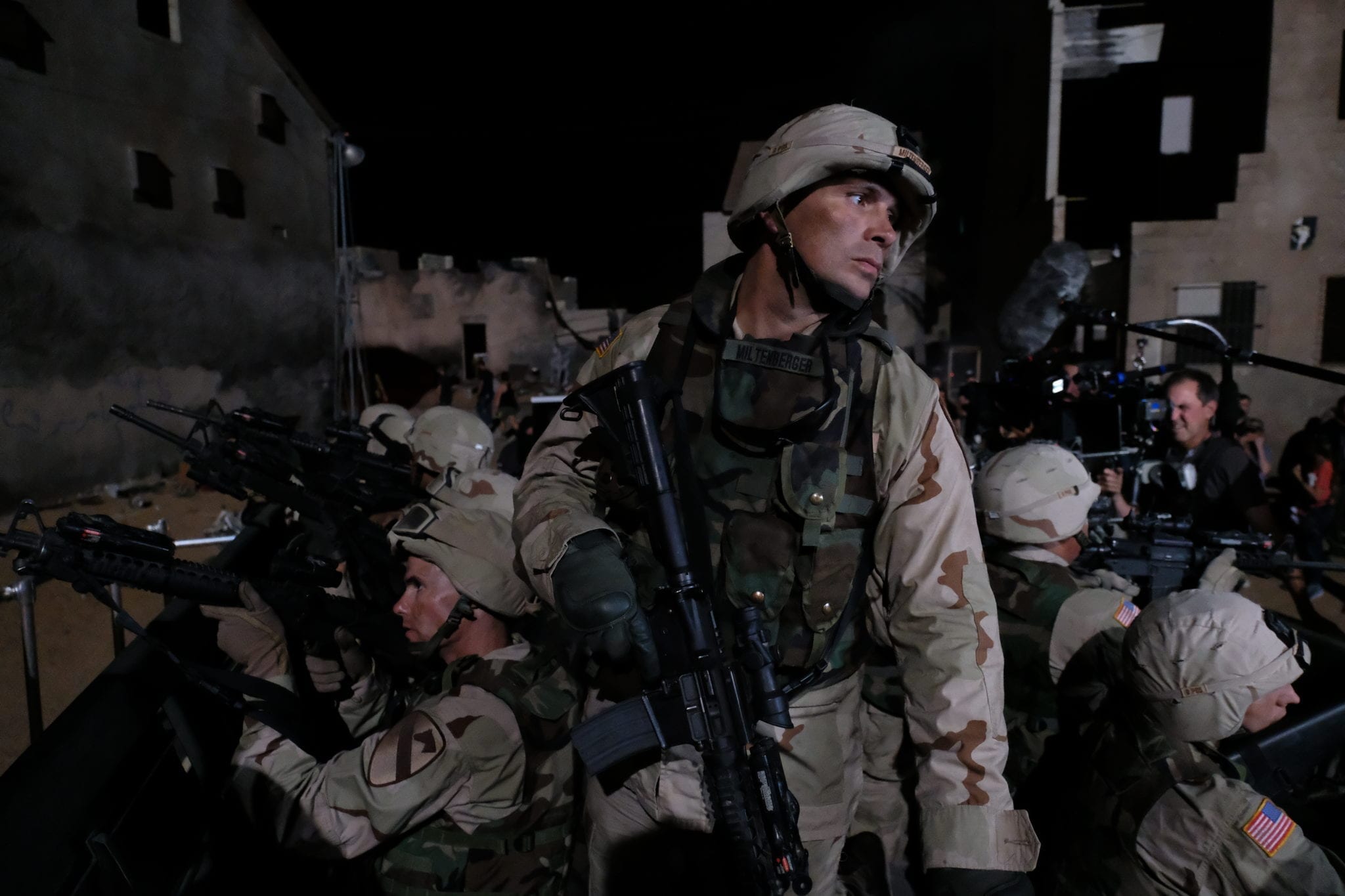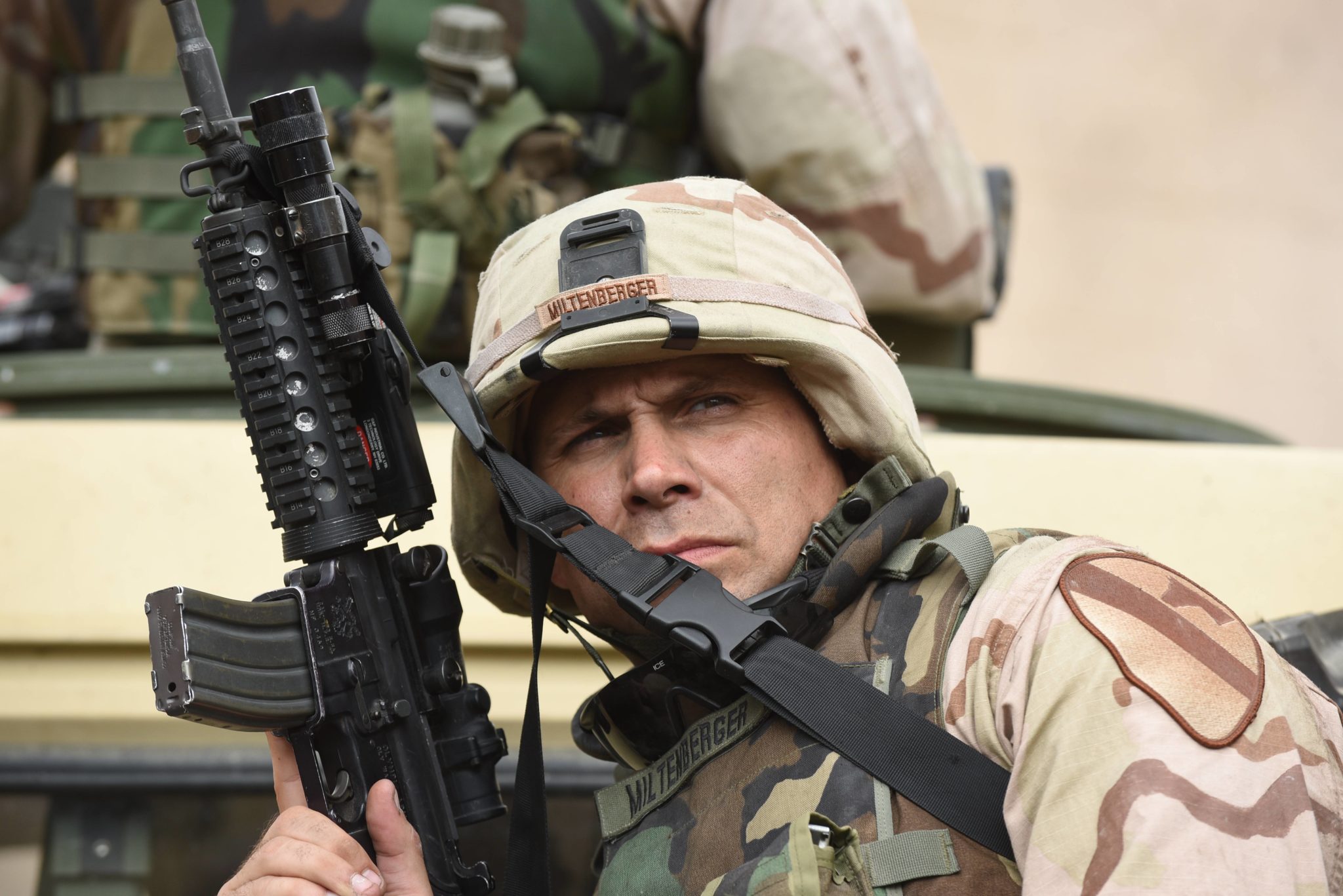
The Long Road Home: Lessons Learned
The First Calvary’s deployment wasn?t ?one battle and you get to go home;’ it was ?stay until the mission is complete, then go home.?

The First Calvary’s deployment wasn?t ?one battle and you get to go home;’ it was ?stay until the mission is complete, then go home.?

The situation in Sadr City wasn?t getting any better for the soldiers; in fact, it was getting significantly worse.